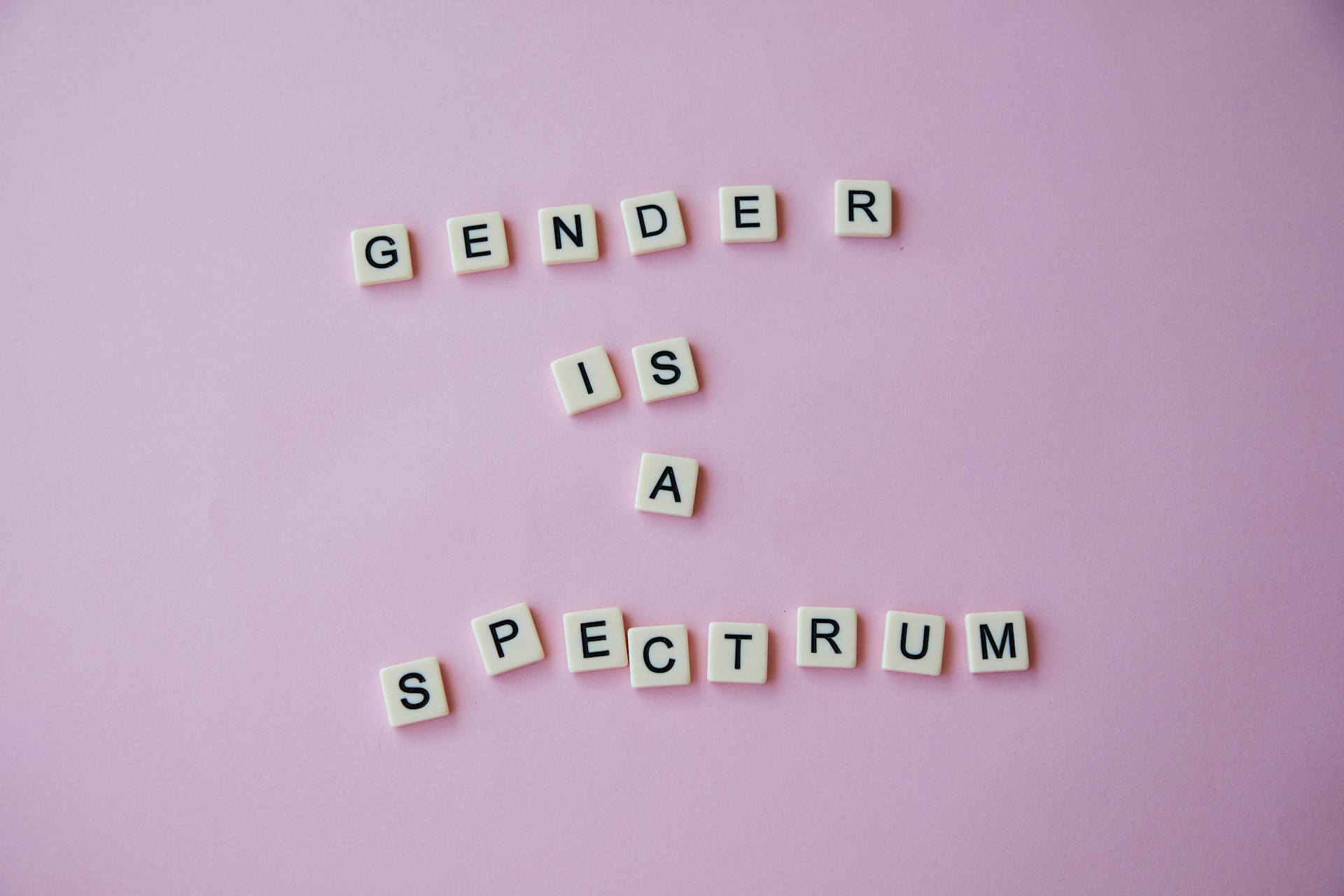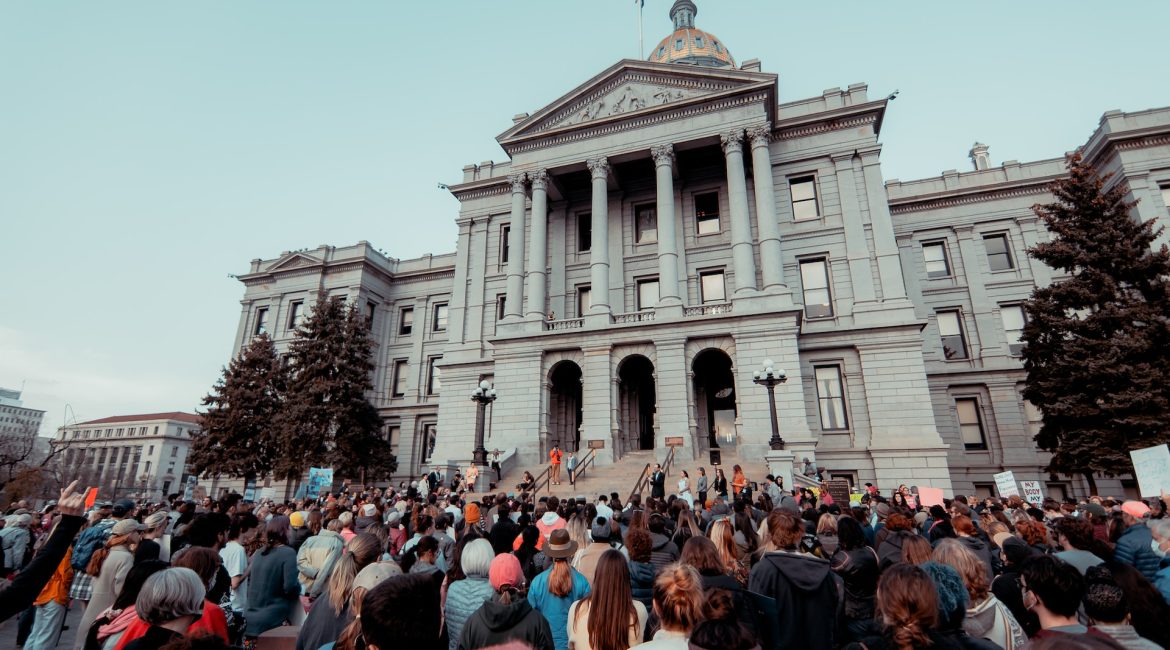Critical Legal Battle in Denver
DENVER, CO – A pivotal legal case is set to be deliberated by the Colorado Supreme Court involving Jack Phillips, a Christian baker who garnered national attention for refusing to bake a cake for a gender transition celebration. This case has become a significant touchstone in the broader national debate on the intersection of LGBTQ+ rights and free speech.
The Continued Legal Saga of Jack Phillips
Phillips, known for his 2018 partial victory in the U.S. Supreme Court for not baking a wedding cake for a same-sex couple, is once again under legal scrutiny. The issue resurfaced with Autumn Scardina, a transgender woman, who requested a cake from Phillips’ bakery to celebrate her gender transition, a request Phillips declined upon learning its purpose.
Examining Colorado’s Anti-Discrimination Stance
Central to this legal showdown is the interpretation of Colorado’s anti-discrimination law. This law prohibits the refusal of services based on characteristics including race, religion, or sexual orientation. The Colorado Court of Appeals previously ruled against Phillips, asserting that baking a cake does not constitute speech, and thus, does not impinge on religious freedom rights.
Implications of Supreme Court Rulings
The imminent hearing in Colorado is notably impacted by a recent U.S. Supreme Court ruling favoring Lorie Smith, a graphic designer. Smith’s case, which argued that creating websites for same-sex weddings violated her free speech rights, could have considerable implications for Phillips’ case, particularly concerning the rights of service providers in the context of LGBTQ+ services.

Diverse Legal Perspectives
Representing Phillips, Jake Warner from the Alliance Defending Freedom praised the court’s decision to hear the case, emphasizing the need to protect freedom of expression. Conversely, John McHugh, attorney for Scardina, contended that the scope of the 303 Creative decision is limited and does not extend to Phillips’ case, thus supporting the enforceability of Colorado’s anti-discrimination law.
The Clash of Freedoms
Phillips argues that his cake designs represent artistic expression, thereby highlighting the complex balance required between religious beliefs and anti-discrimination laws. The Colorado Supreme Court’s decision to review this case signals an understanding of these nuanced issues, reflecting broader societal debates on reconciling personal convictions with public service obligations.
Anticipating a Landmark Verdict
As the Colorado Supreme Court prepares to review this case, it has drawn significant attention from advocates of LGBTQ+ rights and supporters of religious freedom. The forthcoming ruling is expected to be crucial in shaping the interpretation and application of anti-discrimination laws in Colorado and could set a precedent with nationwide implications, especially in matters involving artistic expression and religious principles.
©loveinclusion.org





